Why I changed my mind, by blundering Hillsborough police chief
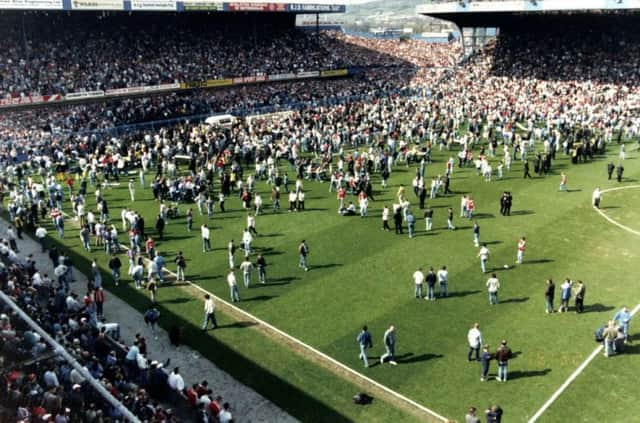

Last week, for the first time since the fateful 1989 FA Cup semi-final, he admitted he was responsible for numerous failures and had lied that fans forced open an exit gate which led to crushing in the central pens of the Leppings Lane terrace.
The former South Yorkshire Police chief superintendent, who was match commander on the day, previously told the hearing into the deaths of 96 Liverpool supporters that the September 2012 report of the Hillsborough Independent Panel forced him to face up to his failings and tell the “whole truth”.
Advertisement
Hide AdAdvertisement
Hide AdBut three weeks before the inquests started in Warrington last year he was maintaining his denial of responsibility, the jury heard.
In a prepared statement to officers from Operation Resolve - the continuing criminal investigation into the disaster - he said: “After the tragedy I co-operated to the best of my ability at all stages with all inquiries and investigations.”
Mr Duckenfield went on to outline the stress he was under when giving his initial account shortly after the tragedy and then at the 1989 Taylor Inquiry and the original 1991 inquests.
He added: “I consider it very unlikely that I can improve upon my previous recollections or previous accounts.”
Advertisement
Hide AdAdvertisement
Hide AdHe told the Taylor Inquiry he had not made any wrong decisions and neither did officers under his command, the court was told.
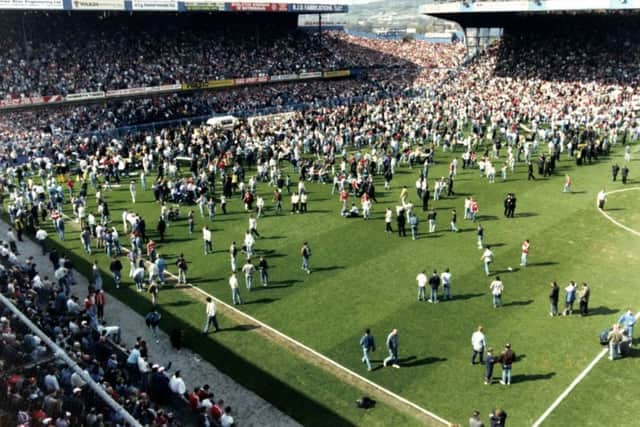

Questioning him on behalf of 22 bereaved families, Pete Weatherby QC said: “You have told this jury that your ‘road to Damascus’ moment came some time after the Hillsborough Independent Panel report came out, and that is why you confronted your denials of the past and that you came to accept responsibility for the serious failings you had made.”
Mr Duckenfield said: “I do not disagree with that, sir.”
Mr Weatherby went on: “So why on March 5, three weeks before these inquests commenced, are you telling Operation Resolve that, apart from relatively minor amendments, what you said earlier was the best that you could do?”
Mr Duckenfield: “I think, sir, that I saw the interview with Operation Resolve as a totally different situation to being able to, shall we say, set out the situation completely.”
Advertisement
Hide AdAdvertisement
Hide Ad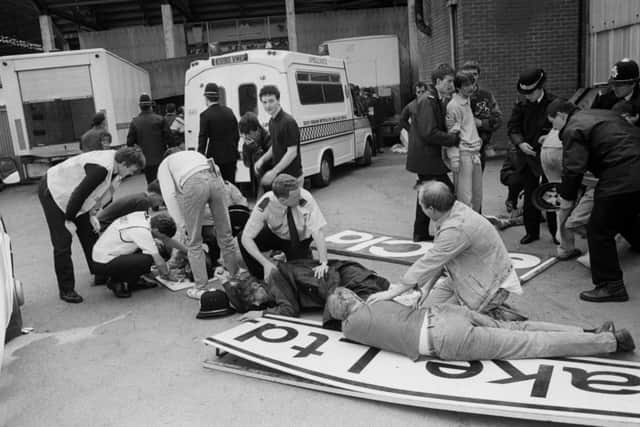

Mr Weatherby said: “The truth is that you chose to put this prepared statement before them which was misleading.”
Mr Duckenfield replied: “In my view, sir, it was not misleading at all.”
The 70-year-old retired officer explained that on reflection his evidence to the Taylor Inquiry was “not the best”.
He said: “In simple terms I was not proud of the evidence I gave that day.”
Advertisement
Hide AdAdvertisement
Hide Ad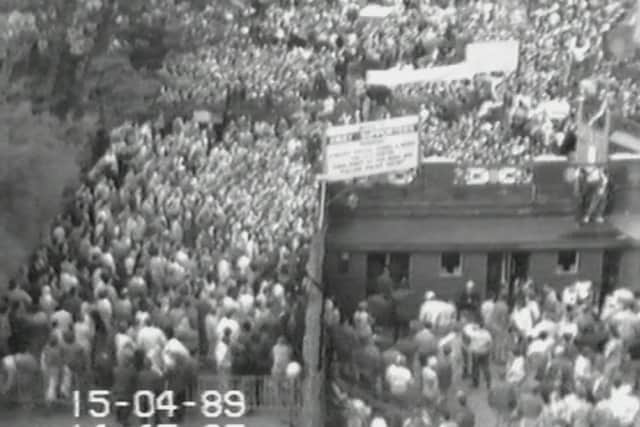

Mr Weatherby continued: “So why, on March 5, were you in effect saying that you could not improve on it?”
Mr Duckenfield said: “I find that difficult to answer, sir.”
Accused of lying in his prepared statement, Mr Duckenfield said: “All I will say to you is this - that I’m now in a position to put my case forward honestly and openly and, as time has gone by, my views have changed but not with any dishonesty at all.
“Sir, the Hillsborough Independent Panel report was published and knowing the possible consequences of that I had to address issues I had never addressed before because I didn’t want to face them. As time has gone by you read more things, then the more knowledge you gain, inevitably you change your views.”
Advertisement
Hide AdAdvertisement
Hide AdMr Weatherby put it to him that in his Operation Resolve interview he had still been trying to “stick to denying any responsibility”.
Mr Duckenfield replied: “I have said I was in denial.”
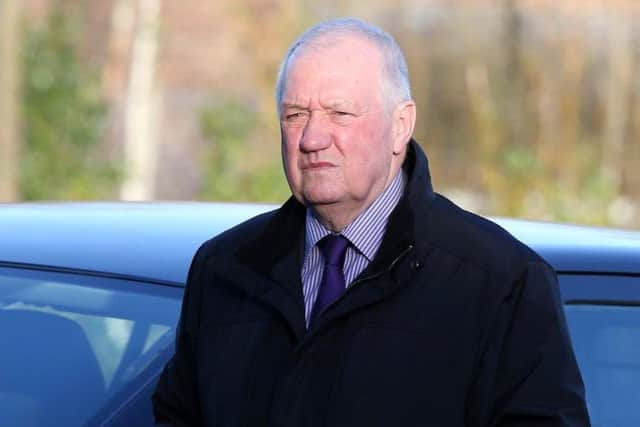

The barrister said: “The truth is that you have followed these inquests, you have seen the evidence that has emerged over the months, you have seen that the writing is on the wall and you are now driven to accept responsibility, that is the truth of it?”
Mr Duckenfield said: “Sir, I agree. I have now learned of my failings and I accept them.”
Earlier, Mr Weatherby asked Mr Duckenfield what he meant when he said last week he was “dreadfully sorry” to the families of the Hillsborough victims.
Advertisement
Hide AdAdvertisement
Hide AdMr Duckenfield replied: “Sir, it is for the heartache that the families suffered, not only as a result of the tragedy but for my less than candid comments to Mr (Graham) Kelly (former Football Association chief executive).”
The barrister said: “Is your apology an acceptance of responsibility for the events of 15 April 1989 and the deaths of 96 people?”
The retired police chief said: “Sir, my view is that many people were a party to the events of that day and I am apologising for my part.”
Mr Duckenfield agreed he had accepted that he was not the person for the job of match commander and it was “one of the biggest regrets” of his life that he opened the exit gate at the Leppings Lane end without considering where the supporters would go.
Advertisement
Hide AdAdvertisement
Hide AdBut he added: “I qualify my case. What I am saying is that it was a major decision. I was relieving the stress on the gates, I was saving lives and I thought they (the fans) would go into the concourse.”
He also accepted a reasonably competent match commander would have realised that the supporters would go through the tunnel leading to the central pens of the terrace but said he was inexperienced and had a lack of knowledge of the ground.
Mr Duckenfield last week told the inquests that he thought fans were partly to blame for the tragedy.
He told Mr Weatherby: “To qualify it, supporters and others played a part in this disaster.”
Advertisement
Hide AdAdvertisement
Hide AdMr Duckenfield also said two police units behind the tunnel played a part.
Mr Weatherby put it to him: “In essence, what you are saying is as match commander you had accepted that your serious failings on that day make you responsible but then you are trying to offload your responsibility on all sorts of others.”
Mr Duckenfield replied: “No, the buck stops with me. I was looking to those people to provide assistance.”
The barrister accused him of “minimising your responsibility”.
Advertisement
Hide AdAdvertisement
Hide Ad“You are making expressions of sorrow and regret,” said Mr Weatherby, “you are offloading on to others, that is the truth, is it not?”
Mr Duckenfield replied: “No sir.”
READ MORE...